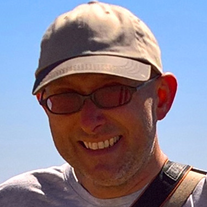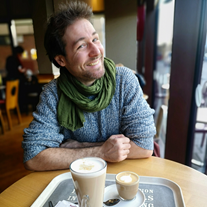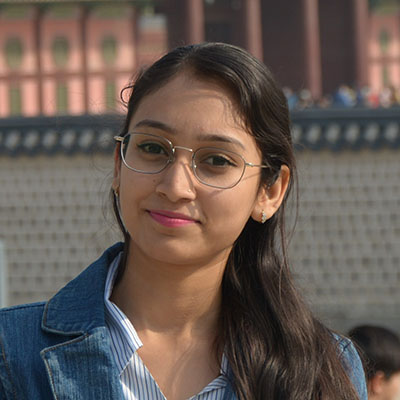Development staff

Andrew Yool, lead developer
Following on from its initial development by Katya Popova, Andrew currently leads the scientific development of MEDUSA, and manages its application both in UKESM and high-resolution configurations. Andrew is responsible for validating MEDUSA, and evaluating its performance and realism.

Julien Palmieri, technical and scientific development
Julien currently is responsible for the technical implementation of MEDUSA on local and national computing resources. In particular, he is the marine biogeochemistry member of its core team, and is responsible for operating MEDUSA within UKESM. Julien additionally shares MEDUSA code development with Andrew Yool and Andrew Coward.

Shailee Patel, technical and scientific development
Shailee is responsible for evaluation and tuning of MEDUSA developments and its application to topics such as upwelling zones.

Andrew Coward, NEMO development
Andrew is a member of the core development team of the NEMO ocean model, and leads on the technical implementation of NEMO on local and national computing resources. He provides critical technical and programming support for NEMO configurations including MEDUSA, as well as their operation.
MEDUSA users
- Katya Popova, science and applications,
Katya led the initial development of MEDUSA and its coupling to NEMO during 2003-2008, working in close collaboration with colleagues in GDD/OBE on model parameterisation and validation. Some of this parameterisation was drawn from real-time at sea data assimilation experiments. After passing the role of MEDUSA lead developer to Andrew Yool, Katya has been focused on MEDUSA analysis in the Arctic and, later, in the global tropics. - Tom Anderson, senior scientist, biogeochemical and ecophysiological model development of MEDUSA
- Adrian Martin, senior scientist, biological carbon pump and BORIS development
Adrian has been sustainably recycled from bits of mathematician and physicist. He is predominantly a modeller but is not averse to a spot of observational work, with credible sightings of him using (and inevitably damaging) turbulence profilers and a zooplankton net. He has a long-standing interest in the interactions of the ocean circulation with plankton and biogeochemistry. He is also involved in a number of projects looking at the ecology and biogeochemistry of the ocean’s Twilight Zone. - Chelsey Baker, ECR scientist, biological carbon pump and MEDUSA support
Chelsey is an ECR scientist, interested in the biological carbon pump, with a particular focus on long term carbon sequestration. In recent work Chelsey has combined NEMO-MEDUSA output with Lagrangian particle tracking simulations to estimate the sequestration efficiency of remineralised carbon in the North Atlantic. - Zoe Jacobs, ECR scientist, climate change and socioeconomic impacts
Zoe is an ECR scientist who analyses NEMO-MEDUSA in the upwelling systems of the Indian Ocean and their relevance for marine food security. More recently her analysis has expanded to the global tropics to focus on marine biogeochemical extremes and climate vulnerability analysis, which includes assessment of future climate projections. She is also developing higher trophic level modelling, driven by MEDUSA outputs. - Stephen Kelly, ECR scientist, climate change and MEDUSA support
- Sophy Oliver, ECR scientist, biological carbon pump and model optimisation
Sophy is an ECR scientist, interested in modelling the biological carbon pump and biogeochemical parameter optimisation. Her PhD work included optimisation of selected parameters within MEDUSA, coupled with an offline general circulation using the Transport Matrix Method (Khatiwala, 2007).